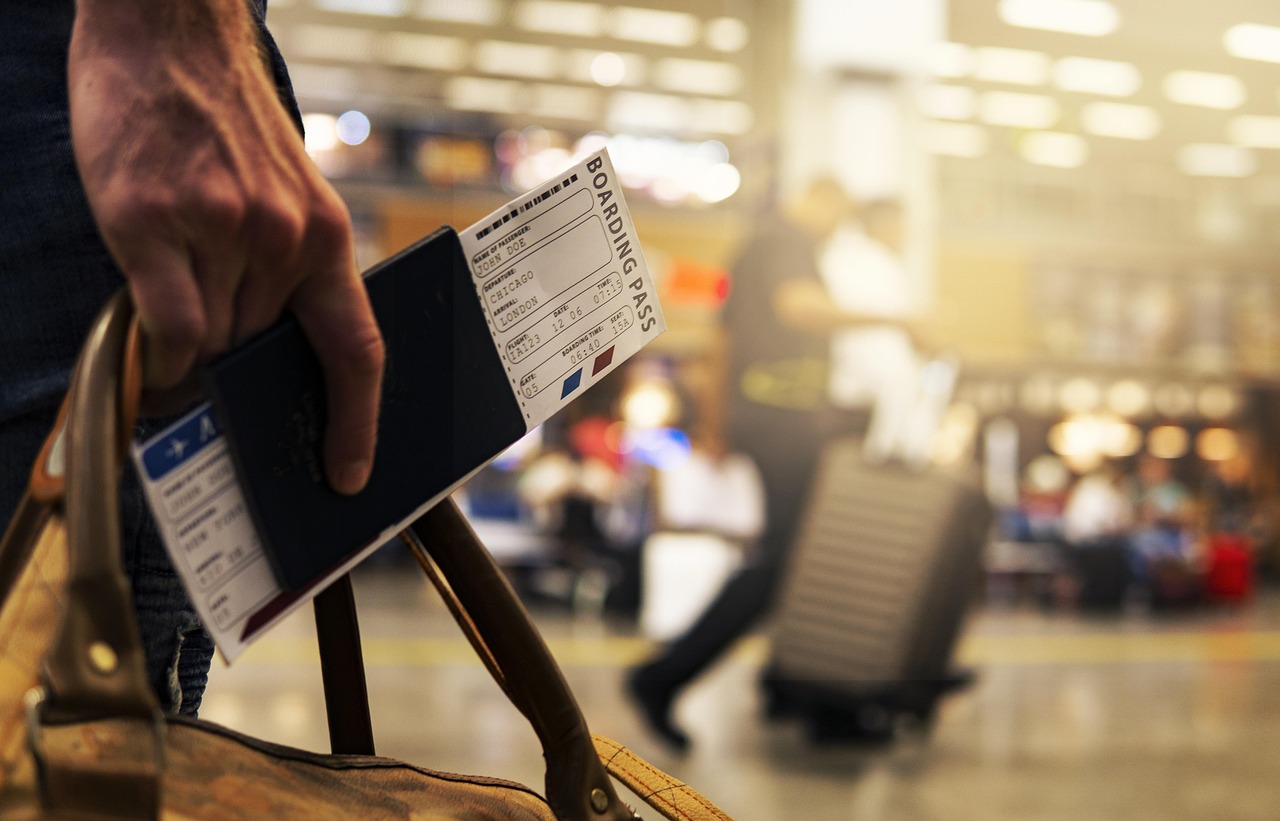According to recent research, 55 percent of business travellers believe frequent travel can lead to stress and burnout.
Additionally, 30 percent experience exhaustion from travel, while 27 percent report feeling homesick or anxious.
The hidden mental load of business travel rarely gets attention, yet it significantly contributes to why many employees sometimes find travelling for work overwhelming.
What do we mean by the hidden mental load?
The concept of “mental load” emerged in the 1980s through sociologist Monique Haicault’s research on cognitive processing. The term describes the invisible mental effort required to manage daily responsibilities.
For business travel, this means more than just dealing with travel fatigue and jet lag; it includes persistent worries and tasks that distract from core work responsibilities.
If these mental burdens are not shared, they can leave employees feeling frustrated, distressed, and on the verge of burnout.
Examples of these additional mental pressures could include:
- Uncertainty – worrying about delays, cancellations, or missed connections. Also, the constant stress of preparing backup plans for worst-case scenarios, like “What if my flight is cancelled or my luggage gets lost?”
- Safety concerns – particularly when travelling alone or at night
- Navigation stress – managing local transport in unfamiliar cities, facing language barriers, or handling logistics
- Work pressure – needing to perform at your best immediately after travelling or trying to manage jet lag
These trips can be successful, though, if there is plenty of careful planning and support provided by employers to minimise stress and worry.
1 Plan in advance
Employers should schedule meetings, arrange transportation, and book accommodations for employees well in advance to ensure a smooth process.
Businesses should develop a schedule that allows for buffer time to accommodate unexpected delays. Providing employees with additional time and a well-structured schedule can help alleviate their stress and worry if things don’t go to plan.
Also, remember that jet lag can significantly hinder an employee’s performance. Careful planning of this often-overlooked aspect of business travel will ensure employees have sufficient time to rest and adjust to local time before important meetings.
2 Communicate realistic expectations
Encourage managers to work with their teams to set realistic goals during their trip.
It’s helpful to set priorities so employees know what’s essential and what can be postponed if they feel overwhelmed by their schedule.
Setting expectations in advance significantly reduces the mental load for travellers by removing ‘what if’ scenarios and worries when employees are away from the office.
3 Safety on arrival
Once employees have reached their destinations, attention to their safety is of the utmost importance.
Different employee demographics – including women, LGBTQ+ groups and those with disabilities – can face additional challenges when working globally, adding further to the mental load these individuals experience.
To ensure business success and the safety of different employee demographics, we must tailor our travel risk management approach to the unique needs of our company. This means profiling the traveller before they go on an international workplace assignment, and checking whether the destination is a medium- to high-risk area for that individual.
After key cultural and legal distinctions have been identified, businesses must ensure employees understand what is expected of them.
Hotels must be checked to ensure they meet the safety requirements of all employees. Where possible, vulnerable or solo female travellers should not be checked into rooms that are on the ground floor or at the end of a corridor.
Double locking, hotel entry systems that only allow guest access, and available on-site parking are other critical safety features to consider.
4 Encourage an open mental health culture
Employees may be hesitant to admit that they find business travel stressful, as it is often seen as an expectation of their job, and they may fear judgment or even being let go if they acknowledge they are struggling.
Make mental health a regular topic during work discussions about travel. Hold workshops, bring in mental health experts, or set aside time for open discussions about how team members are feeling.
Let your team know it’s perfectly fine not to be okay sometimes, that everyone will find travelling for work stressful at some point or another, and that resources are available to help them if they need it.
5 Ask for frequent feedback
While investments in modern technology, travel automation, and real-time updates have greatly improved travellers’ experience, we often forget to ask for feedback from our own staff.
Set up a feedback platform to gather employees’ thoughts on your current travel policy. This data will help you adjust your travel policy to better serve their needs and make it easier for employees to share what changes they want to enhance their mental well-being while travelling.
By Natasha Inglis, Implementation and Client Success Director, Good Travel Management

